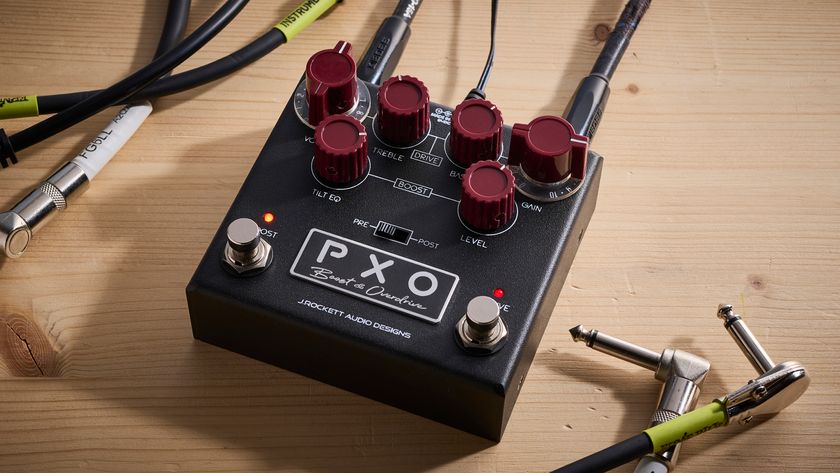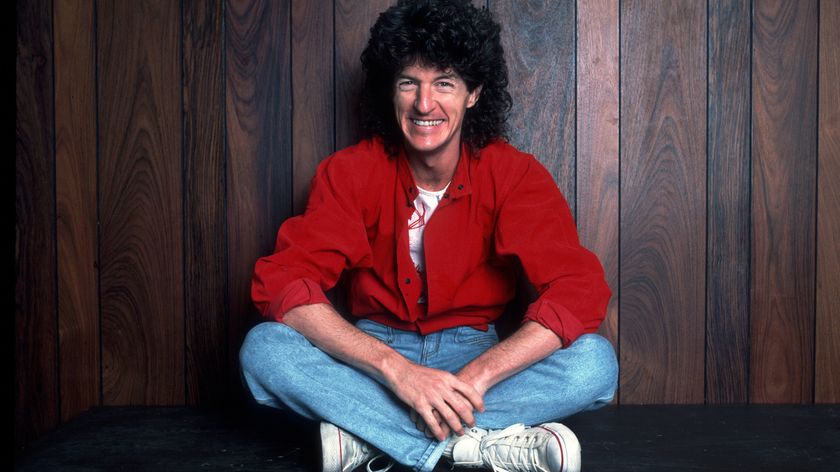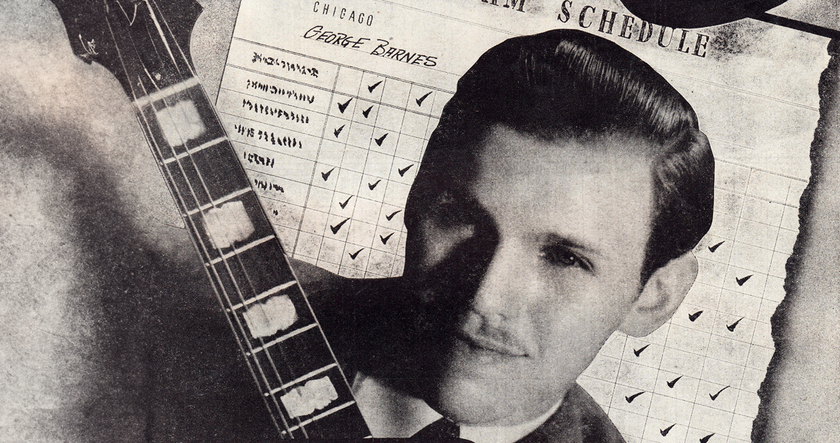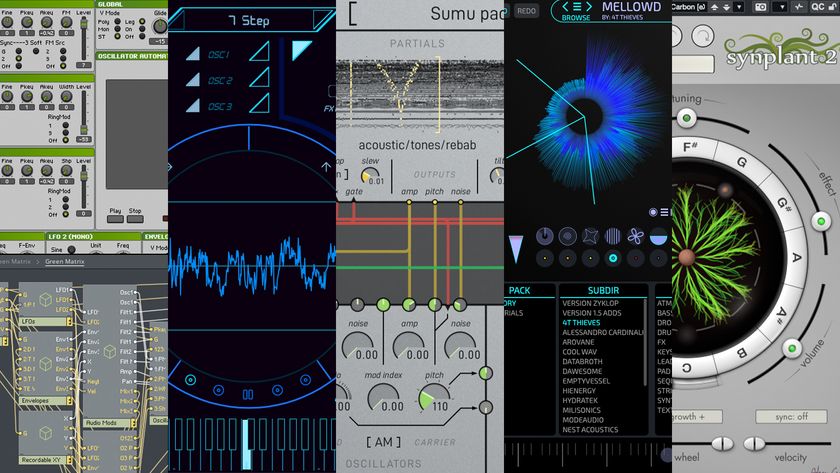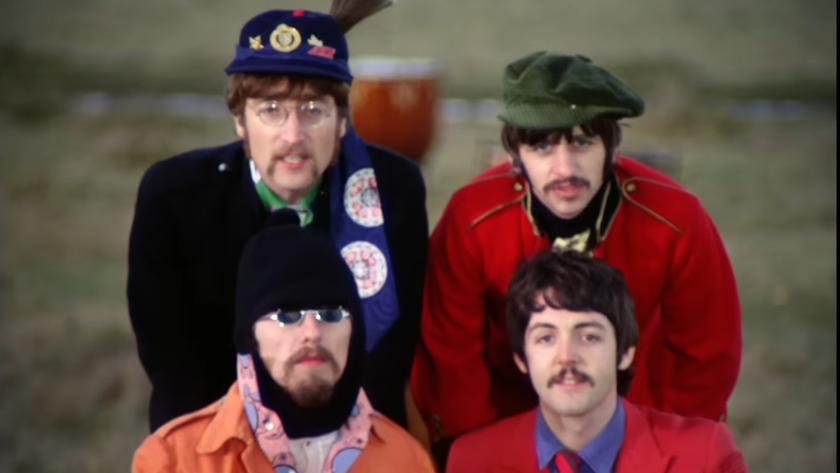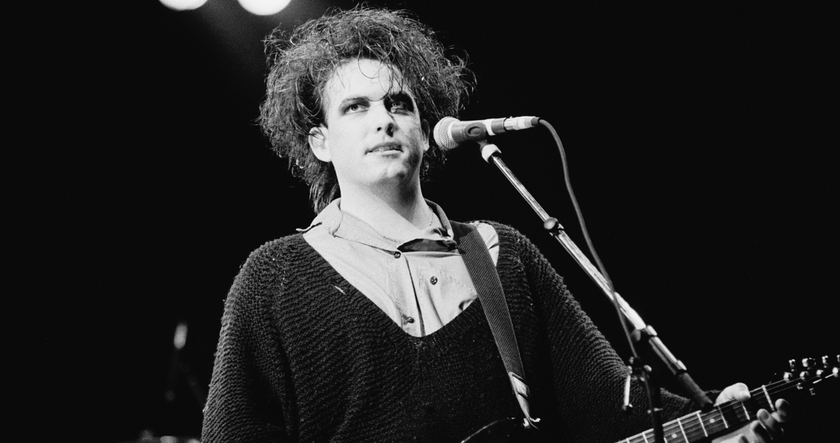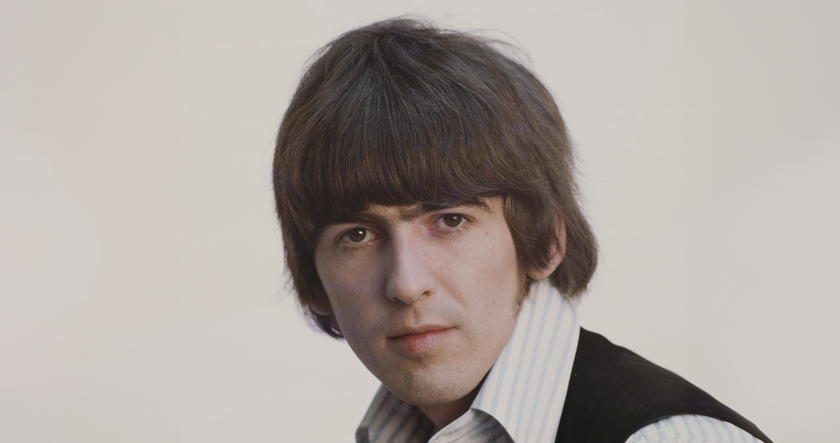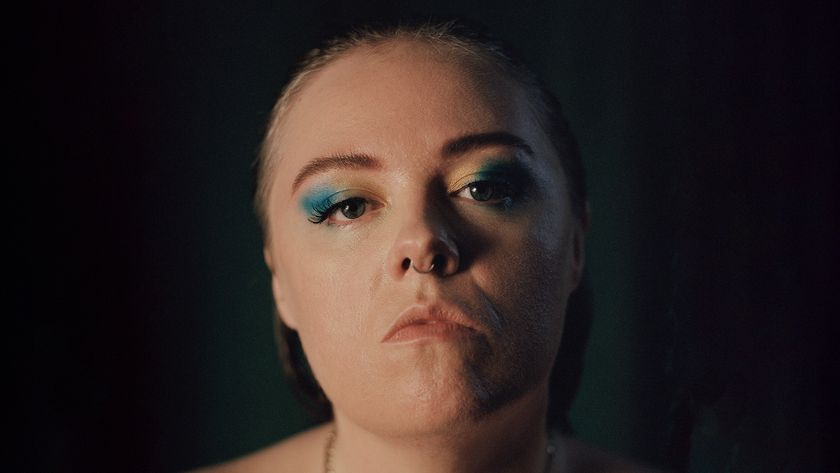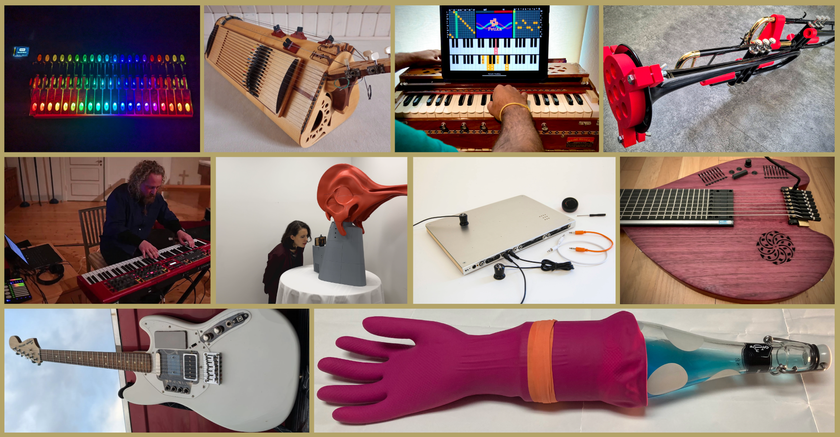“I don't know how to do this. You would think I do, but it's not one of these things you ever know how to do”: Why Paul McCartney’s intuition-led attitude to songwriting is worth taking onboard
The Beatles’ legend has long been open about how his songwriting workflow is guided by ideas and not a rigid format
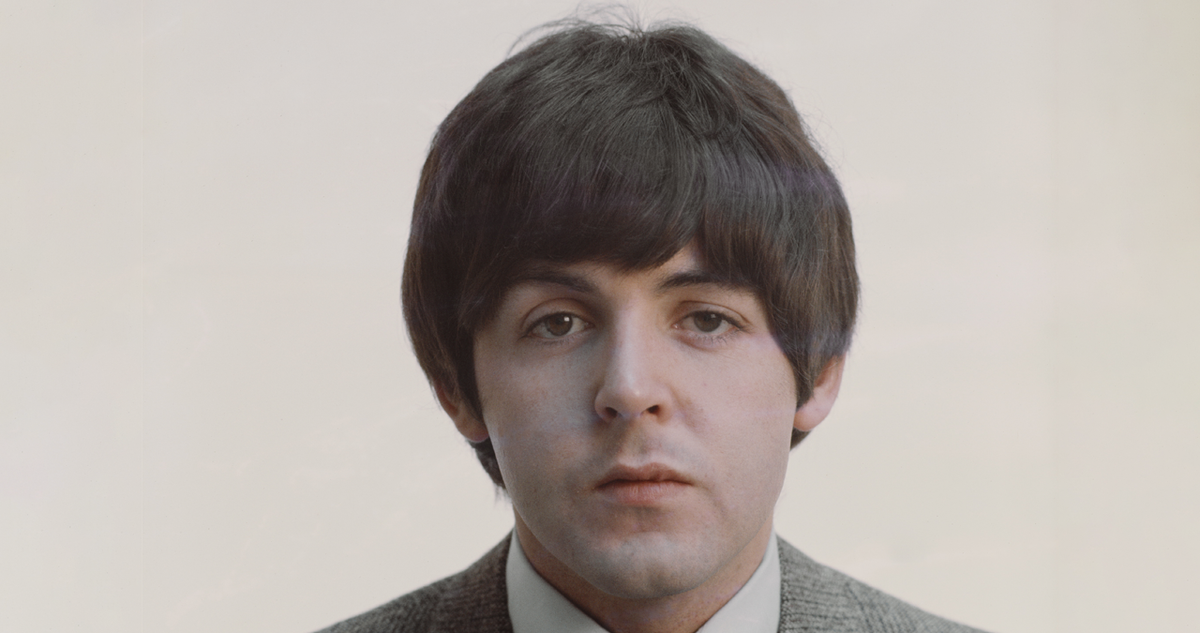
You might think that one half of the songwriting team that rapidly created some of popular music’s most important songs at a rate that has largely been unmatched by any other artist would have something to say about discipline in songwriting. In actual fact, Paul McCartney’s attitude has always been to let intuition guide, as opposed to following a rigid process, when birthing new tracks.
When interviewed about his songwriting workflow with NPR’s All Songs +1 podcast in 2016, Paul opened up about the fact his songs can be triggered by a variety of starting points. “If I was to sit down and write a song, now, I'd use my usual method: I'd either sit down with a guitar or at the piano and just look for melodies, chord shapes, musical phrases, some words, a thought just to get started with,” said Paul. “Then I just sit with it to work it out, like I'm writing an essay or doing a crossword puzzle.”
Later, in the same interview, Paul stated that he had long been a ‘student of the instinctive’, and that once he’s hit on a cool idea, he’ll try a range of approaches to build it into a full song, but it doesn’t always work out; “I just fiddle around with that and try and follow the trail, try and follow where it appears to be leading me. And sometimes it leads me down a blind alley so I have to retrace my steps and start again down another road.”
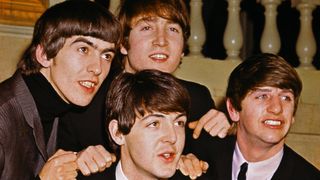
McCartney, who - at the time of the interview - was guest-teaching a songwriting class at the Liverpool Institute High School for Boys, said that he always introduced his class by telling the young, aspiring songwriters the same thing; “Nearly always the first thing I go in and say [is], 'I don't know how to do this. You would think I do, but it's not one of these things you ever know how to do. You know I can say to you: Select the key. We will now select a rhythm. Now make a melody. Now think of some great words,' That's not really the answer.”
It’s a natural trap to fall into for any aspiring songwriter or music-maker, to assume that there must be a rock-solid process-based approach to songwriting that can be learned and will guarantee successful results. But, in actual fact, the process of writing truly amazing songs can still be (and perhaps should be) somewhat mysterious. Particularly at the inception stage.
Unlike technical processes like mixing, compressing, mastering (and adhering to the general rules of song-structure which we do recommend, later in the arranging process), actually landing on those central, song-triggering ideas - and the subsequent following of potential routes forward before landing on the ‘right’ broad shape, feeling and theme - can still be tantamount to magic.
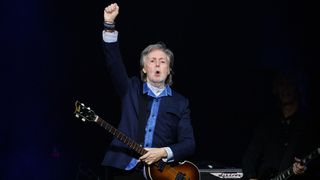
This act of conjuring something from nothing is one of the greatest thrills of being an artist, and it’s important for all of us to remind ourselves that the songwriting process, though at times technically-oriented, is ultimately about tapping into and articulating emotions, feelings and the very language of the intuitive. It should feel like an adventure - and not an arduous slog.
Get the MusicRadar Newsletter
Want all the hottest music and gear news, reviews, deals, features and more, direct to your inbox? Sign up here.
The perfect illustration of McCartney's idea-chasing strategy comes from the 8-hour fly-on-the-wall epic, Get Back, which showed how, back in January 1969, McCartney seemingly summoned the eponymous track out of thin air armed with his Hofner bass, in front of a rapt George Harrison and Ringo Starr. Paul then relentlessly pursues the idea - and we can hear the familiar Beatles' classic form before our very ears, as he discards potential lyrical and musical alternatives.
It’s an important, somewhat oxymoronic rule to remember, but taking a leaf from Sir Paul's book, and keeping your idea-forming strategy wide-open, and the subsequent ‘following of the trail’ fluid and flexible can often take you to some extraordinary, magical places.
Yes, arrangement (and production!) are important, but sometimes, when faced with a blank page (or DAW project) the best rule to follow is to reject the rules entirely, and let the music lead the way.

I'm the Music-Making Editor of MusicRadar, and I am keen to explore the stories that affect all music-makers - whether they're just starting or are at an advanced level. I write, commission and edit content around the wider world of music creation, as well as penning deep-dives into the essentials of production, genre and theory. As the former editor of Computer Music, I aim to bring the same knowledge and experience that underpinned that magazine to the editorial I write, but I'm very eager to engage with new and emerging writers to cover the topics that resonate with them. My career has included editing MusicTech magazine and website, consulting on SEO/editorial practice and writing about music-making and listening for titles such as NME, Classic Pop, Audio Media International, Guitar.com and Uncut. When I'm not writing about music, I'm making it. I release tracks under the name ALP.
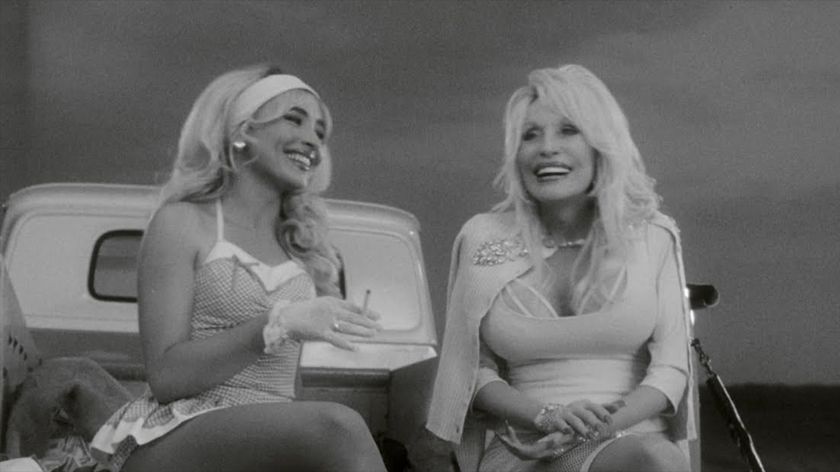
“Of course, she can talk a little bad now and then. I told her, I said, ‘now, I don't cuss’”: Dolly Parton explains why that chorus lyric got changed when she joined Sabrina Carpenter for a new version of Please Please Please
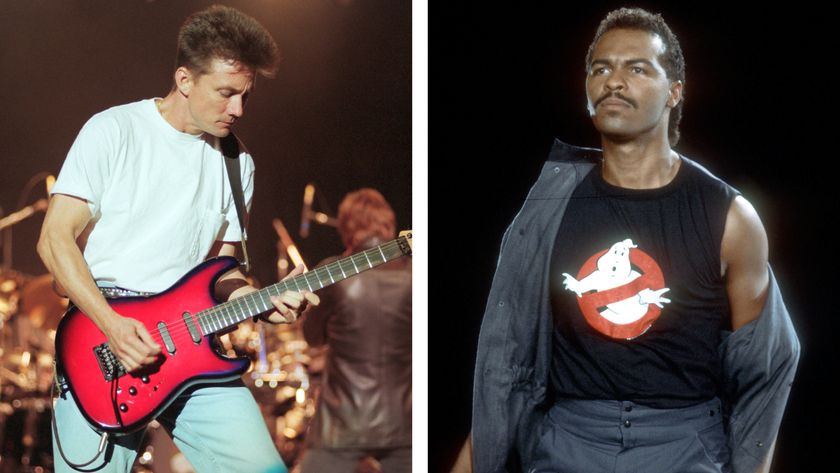
“I am under an NDA, but I think everybody knows what happened”: Former Huey Lewis and the News guitarist Chris Hayes on that Ghostbusters plagiarism dispute

